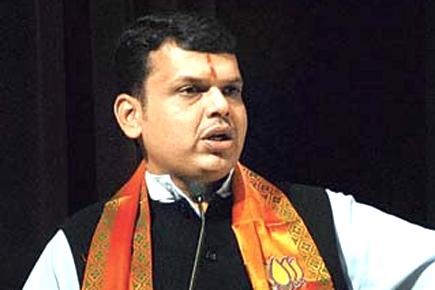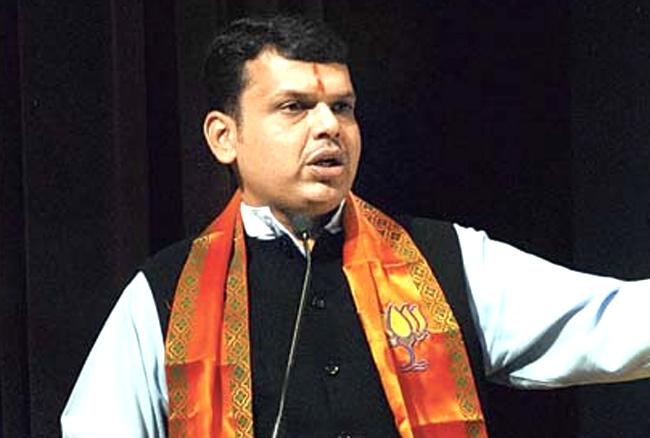Describing cleanliness as a social value which needs to be inculcated within youth, Maharashtra Chief Minister Devendra Fadnavis today urged them to turn the "Swachh Bharat Abhiyan" into a people's movement

Maharashtra Chief Minister Devendra Fadnavis
Describing cleanliness as a social value which needs to be inculcated within youth, Maharashtra Chief Minister Devendra Fadnavis today urged them to turn the "Swachh Bharat Abhiyan" into a people's movement.
ADVERTISEMENT
Speaking at a meeting to launch 'Munjian', a cleanliness initiative to be adopted by 18 universities in the state, Fadnavis said the state's average age is 27 and 50 per cent of the population is less than 25 years of age.

Devendra Fadnavis
"If the youth considers cleanliness as a daily routine just like they have food and are determined that they will not litter and also not allow others to do so, the cleanliness movement would be a success," the CM said at the function at Mumbai University which was attended by all the vice chancellors.
Fadnavis gave an example of Germany where trains do not have access control. "I noticed that no ticket checking is done of the commuters. But still no one travels ticketless," he said adding that cleanliness should be part of national character. Education Minister Vinod Tawde called for participation of all students and not just limit the campaign to National Social Service (NSS) wing.
"If its only NSS, then the campaign will be only 50 per cent successful," he said. Tawde said there should be no political interference in academic excellence. "Rajabhai Tower (Mumbai University campus) should stand tall next to Mantralaya (the State Secretariate)."
The Munijan scheme will need every college to adopt one village as this will inculcate values like cleanliness, team work and patriotism in students, making them stake-holders in the 'Clean India' campaign.
The scheme proposes that each college has its director or principal as the chief programme coordinator who will oversee the progress of the movement at his/her institute. To ensure awareness and execution of the scheme, training programmes will have to be conducted to generate awareness and then educate students on how to go about implementing the programme.
A monitoring committee, chaired by Pro-Vice Chancellor, will be formed to monitor the progress of the movement. The committee will be multi-tiered, one with a local body to oversee institutes at the level of university, and other at the level of the state government to monitor work in state as whole.
To increase the interest, participation and motivation towards this movement, awards for best institute within the state at each university level and at district level will be given. There are also plans to have a web-based sensitisation of students through social media.
 Subscribe today by clicking the link and stay updated with the latest news!" Click here!
Subscribe today by clicking the link and stay updated with the latest news!" Click here!






